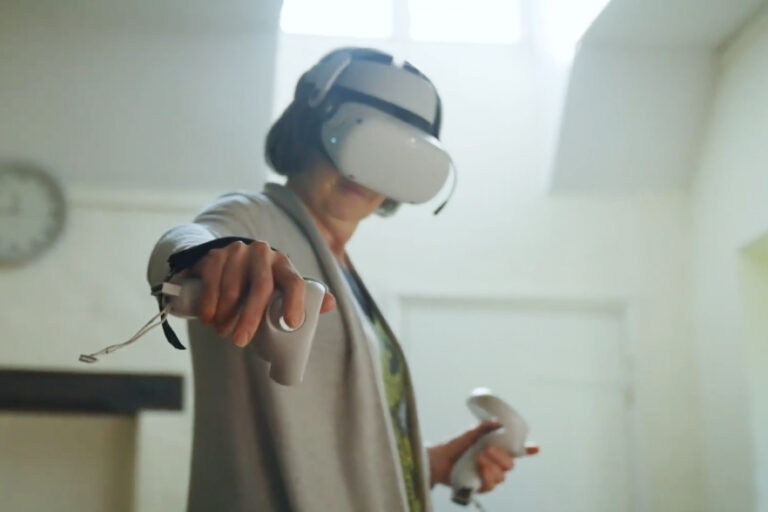
In light of the £3.25 billion Transformation Fund announced in the 2025 Spring Statement and structural reforms to NHS England aimed at improving efficiency, the UK healthcare system has a unique opportunity to embrace cutting-edge technologies.
Agentic automation is just one such innovative solution which offers unprecedented potential to streamline operations, enhance patient care and alleviate pressure on frontline services. As the NHS undergoes sweeping changes and the government doubles down on AI-driven innovation, now is the moment to integrate agentic automation as a core driver of healthcare advancement.
The value of agentic automation in healthcare
In the UK, the NHS continues to operate against a backdrop of staff shortages, administrative burdens and a patient wait list standing at 7.5 million. The case for digital transformation to drive greater efficiency then has never been more urgent.
Agentic automation is a powerful solution for alleviating these pressures, driving productivity through cost savings and resource optimisation. Research has shown that Robotic Process Automation (RPA) can enable complex organisations to achieve a 30-50% productivity boost. By automating routine administrative tasks, such as appointment scheduling, patient data management and claims processing, agentic systems enable healthcare staff to prioritise higher-value, patient-centred activities. This shift not only boosts internal efficiencies but also improves care quality.
But why agentic over traditional automation? Where traditional automation is predefined, agentic agents combine AI, automation and orchestration for more adaptive outcomes. These systems are not simply tools for automation; they are intelligent agents capable of making informed decisions, learning and acting within their environment to optimise efficiency.
By acting as autonomous decision makers, agentic systems can help already short-staffed and over-burdened UK healthcare providers plan, adapt and optimise processes with minimal human oversight. This autonomy allows for more responsive and scalable solutions, thereby enhancing operational efficiency, reducing human error and mitigating delays in critical processes.
Automation in action across the NHS
Staff across the NHS are beginning to embed automation into everyday clinical routines. For example, automated technologies are optimising the scanning process, improving efficiency and accuracy in how scans are conducted. These innovations allow for precise and accurate detection of medical conditions, enabling clinicians to make well-informed decisions.
Building on the momentum, AI-driven automation is becoming a cornerstrone of the NHS’s approach to digital governance. AI-powered document management solution MyStaff, has been designed to simplify access to over 2,500 policies, procedures and patient care guidelines. Since implemementation at Mid and South Essex NHS Foundation Trust, average document retrieval times have dropped from 10 minutes to just 30 seconds, unlocking 140,000 additional hours for patient care. With 90% of the Trust’s workforce actively using the platform, MyStaff is setting a new benchmark for how automation can streamline operations, enhance digital efficiency, and strengthen governance across the NHS.
Embracing the agentic future
Agentic automation is set to transform healthcare by empowering, not replacing, those driving its operations. By augmenting human expertise with intelligent agents, healthcare organisations can streamline operational efficiency, minimise errors and realise significant cost savings. This collaboration alleviates the burden on professionals, allowing them to focus on quality care and delivering a better patient experience .
By leveraging these technologies, we are paving the way for a smarter, more efficient healthcare system aligned with the UK Government’s three key healthcare initiatives focused on moving care from hospital to community, sickness to prevention and analogue to digital. Agentic automation is central to advancing this digital transformation, directly supporting the government’s vision toward a fully digitalised healthcare system.
However, automation alone is not a silver bullet. Improving clinical workflows requires ongoing innovation and adaptation to new challenges. As we move forward, AI agents will play a pivotal role in driving this transformation and reshaping the way healthcare is delivered.

Matt Hogarth
Matt Hogarth is Director of Healthcare UKI at UiPath, with more than two decades of experience in healthcare IT. Passionate about creating meaningful change within the NHS, he focuses on leveraging technology to support patients and empower front-line staff. Matt specialises in steering digital transformation efforts that improve care delivery and boost operational efficiency across the region.



